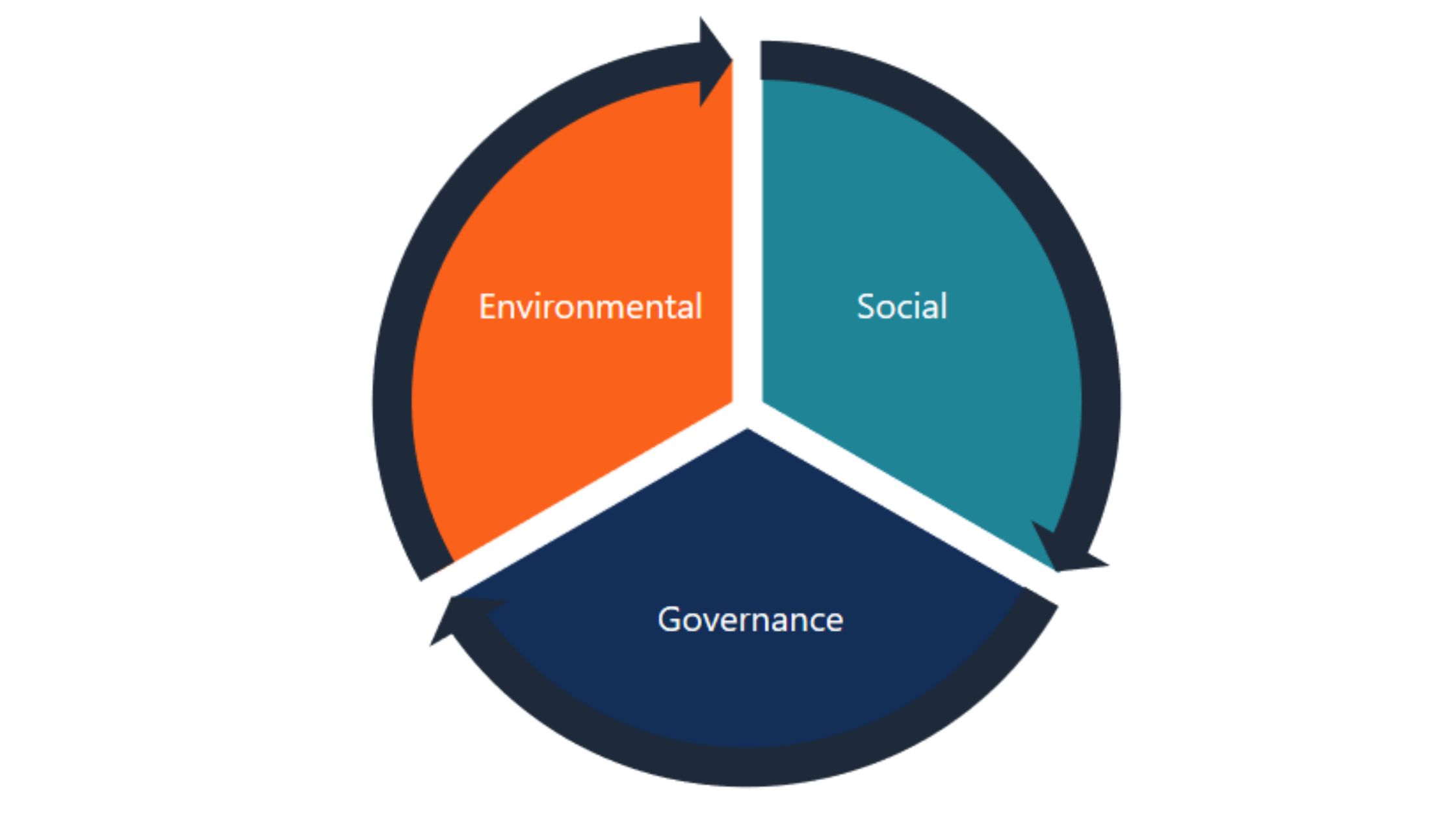The social components of ESG concentrate on the relationships of companies with their external as well as internal factors. In particular, it addresses how a company manages its relationship with its employees, financial stakeholder, the communities in which it operates, and the broader political environment.
How adept are the companies in recognizing and adapting very successfully to social trends, labour movements, or political developments? All kinds of social risks and good opportunities have a direct impact on a company’s financial performance and public perceptions as a good and responsible corporate citizen. Newton’s third law of motion applies not only in the physical realm but often at the intersection of business and social interest. For all kinds of business decisions, there can be unintended social consequences.
For example, the business decides to cut any type of costs by adjusting sourcing for product materials. On paper, it sounds quite smart and profitable. However, maintaining the balance between social responsibility and profitability requires constant and vigilant self-examination.
The keys theme and issues included in most ever social sustainability assessments are summarized below:
- Human Capital
- Labour management
- Human capital development
- Health and safety
- Supply chain labour standards
- Product safety and quality
- Chemical safety
- Financial product safety
- Privacy and data security
- Health and demographic risk
- Access to finance
- Access to healthcare
- Opportunities in health and nutrition
Impacts on Business:
Ultimately, all companies exist to make good revenue. If they don’t, they cannot offer jobs and social benefits necessary for human survival. However, social responsibility and profitability go hand in hand.
Raising Capital:
Social factors increasingly influence all the availabilities of capital. A good company that is insensitive to the social impacts of its business decisions will not receive the ESG scores necessary to attract investors to an IPO.
Sales & Market Share:
The number of consumers considering social factors in their purchase decisions has been alleviating. Over time, the market will reward all companies that minimize their exposure to social issues. Innovative solutions to social issues may also uncover revenue-generating good opportunities in the new markets, products, or service lines.
Human Resources:
Addressing issues related to equity, diversity, safety, and quality of life can improve a company’s positive ability to attract and retain talented employees and also boost productivity through increased internal motivation and employee engagement.
Product Liability:
Proper measures always play a significant role to protect public health and safety in delivering products and services by avoiding risks such as recalls, penalties, fines, and loss of a brand value. Social sustainability is a worthwhile investment, both in terms of commercial success and the well-being of the people and communities it impacts optimistically.


